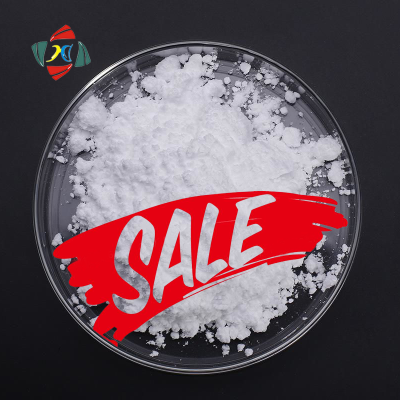-
Categories
-
Pharmaceutical Intermediates
-
Active Pharmaceutical Ingredients
-
Food Additives
- Industrial Coatings
- Agrochemicals
- Dyes and Pigments
- Surfactant
- Flavors and Fragrances
- Chemical Reagents
- Catalyst and Auxiliary
- Natural Products
- Inorganic Chemistry
-
Organic Chemistry
-
Biochemical Engineering
- Analytical Chemistry
- Cosmetic Ingredient
-
Pharmaceutical Intermediates
Promotion
ECHEMI Mall
Wholesale
Weekly Price
Exhibition
News
-
Trade Service
Vanillin is a common flavoring agent that is used in a variety of food and beverage products.
It is derived from the vanilla bean, which is native to Mexico and is widely grown in many countries around the world.
Vanillin is known for its distinctive sweet and creamy flavor, and it is often used in chocolate, ice cream, candy, baked goods, and other desserts.
In the chemical industry, vanillin is used in a variety of applications, including as a flavoring agent in food and beverages, as a fragrance ingredient in cosmetics and personal care products, and as a pharmaceutical excipient.
It is also used as a chemical intermediate in the production of a variety of other chemicals.
Despite its widespread use, vanillin is considered to be a relatively safe ingredient in food and other products.
However, it is important for individuals with certain health conditions or sensitivities to be aware of the potential risks associated with consuming vanillin.
One potential risk associated with vanillin is its potential to cause allergic reactions in some individuals.
Vanillin is a member of the vanilloid family of chemicals, which also includes capsaicin, the active ingredient in chili peppers.
This family of chemicals is known to cause allergic reactions in some individuals, including hives, itching, and difficulty breathing.
Individuals with a history of allergy to vanilla or other member of vanilloid family should avoid consuming vanillin or any products containing vanillin.
It is important to check the ingredients list of any food or beverage product to see if it contains vanillin.
Another potential risk associated with vanillin is its potential to cause estrogenic effects in certain individuals.
Studies have shown that vanillin can stimulate the growth of certain types of breast cancer cells in laboratory settings.
However, it is important to note that more research is needed to fully understand the potential risks of vanillin and whether it is a concern for public health.
In addition, vanillin may cause skin irritation and allergic reactions in some individuals, especially at high concentrations.
Prolonged exposure to vanillin through inhalation may cause respiratory tract irritation, and ingestion of large amounts of vanillin may cause stomach upset, nausea, and vomiting.
It is important to note that vanillin is generally considered safe when consumed in moderate amounts and is not expected to cause adverse reactions in most people.
However, individuals with a history of allergic reactions to vanilla or other members of the vanilloid family, or with a history of estrogen-related health issues should consult with their doctor before consuming vanillin or products containing vanillin.
In conclusion, vanillin is a widely used ingredient in the chemical industry and is generally considered safe when consumed in moderate amounts.
However, individuals with a history of allergy to vanilla or other members of the vanilloid family, or with a history of estrogen-related health issues should be aware of the potential risks associated with consuming vanillin.
Additionally, it's important to be aware of any potential side effects of vanillin and use it responsibly.
As with any chemical, it's always recommended to follow the safety guidelines and instructions for use to minimize any potential risks.







